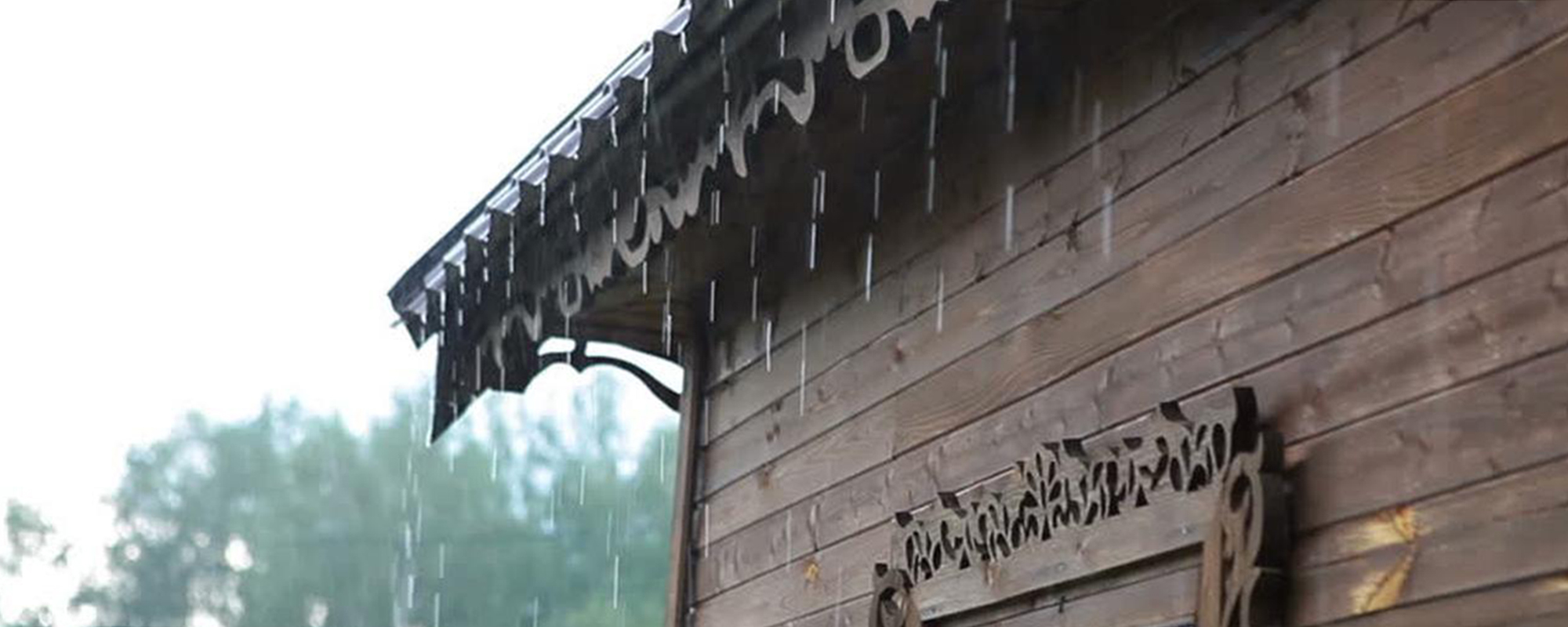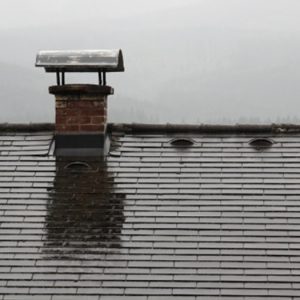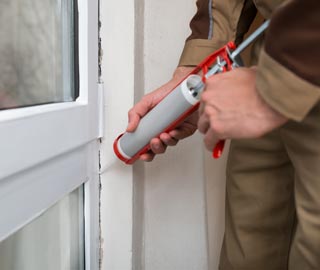 Rain Damage From Summer Storms
Rain Damage From Summer Storms
Summer in South Jersey is known for its tumultuous weather. One minute it’s sunny and 75º, and the next thing you know, we’re getting a tornado warning. South Jersey’s unpredictable summer weather makes it difficult to plan and prepare for what’s coming – because we can never be sure. In this case, it is imperative that we prepare for the worst. We always want our homes to be shielded from these potentially devastating storms. Follow these tips to ensure that you’ve done everything you can to prevent water damage in your South Jersey home.
Preparing Your Home For Rain Damage
To give your home that extra protection it needs from rain damage this summer, check out these tips. Certain areas of the home are more susceptible to rain damage, so you want to focus in on these areas.
Inspect Your Roof For Potential Leaks
 Ensure that your roof is in good condition. This means no loose, damaged or missing shingles. If there are any issues with the shingles on your roof, it makes your roof more susceptible to rain damage. The shingles are there to protect the roof from leaks and rain damage, also keeping your attic and walls dry. Your South Jersey home may experience mold or mildew from rain damage if your roof isn’t in good condition. If you are confident that you’re able to perform a roof inspection on your own, feel free to do so. However, be aware that it can be very dangerous to be up on a roof. There is a great risk of falling and injuring yourself. You may just want to reach out to a professional roof inspector instead.
Ensure that your roof is in good condition. This means no loose, damaged or missing shingles. If there are any issues with the shingles on your roof, it makes your roof more susceptible to rain damage. The shingles are there to protect the roof from leaks and rain damage, also keeping your attic and walls dry. Your South Jersey home may experience mold or mildew from rain damage if your roof isn’t in good condition. If you are confident that you’re able to perform a roof inspection on your own, feel free to do so. However, be aware that it can be very dangerous to be up on a roof. There is a great risk of falling and injuring yourself. You may just want to reach out to a professional roof inspector instead.
Unclog & Maintain Gutters
Gutters are meant to collect water to prevent rain damage or other water damage from intruding on your home. If your gutters are clogged, they can’t function properly. Your gutters should be clean and free of debris so that water can flow freely through them. A clogged gutter can lead to leaks in your walls, along with roof damage and issues with your home’s foundation.
Unclog & Maintain Downspouts
Like your gutters, your downspouts should also be clean and free of any debris that may clog them. Downspouts are meant to redirect water collected from the gutters away from your home. If your downspouts are too close to the home, you run the risk of that water not flowing away from the home. This water can then cause issues in your home’s foundation. After a giant storm, it is important that this water doesn’t linger around your home, lest it cause rain damage. Water should always flow away from your foundation walls. If you notice water collecting at the base of your house, you might need longer downspouts to redirect the water away from the home.
Ensure Doors & Windows Are Properly Sealed
 You want to regularly check the condition of all windows and doors in your home. Rain damage can easily sneak in when there are miniscule cracks in the sealing around your windows and doors. Windows and doors should be properly installed from the very beginning, but it is important to keep it up to date, as they experience a lot of wear and tear. Take notice of any cracks or potential problems that could lead to rain damage during periods of heavy rainfall.
You want to regularly check the condition of all windows and doors in your home. Rain damage can easily sneak in when there are miniscule cracks in the sealing around your windows and doors. Windows and doors should be properly installed from the very beginning, but it is important to keep it up to date, as they experience a lot of wear and tear. Take notice of any cracks or potential problems that could lead to rain damage during periods of heavy rainfall.
Inspect Exterior For Damage
Your home’s exterior needs to be well-maintained in order to effectively prevent rain damage and keep water out. Keep an eye out for signs of damage to your exterior. These signs include holes, loose siding, warping, and wood rot. The earlier you discover these signs of damage, the easier it’ll be to remedy the issue. Ideally, you want to discover if your exterior is susceptible before the rain damage has occurred.
Check Basement & Foundation
Maintaining and assessing your foundation walls is a key part of keeping rain damage out of your home. Keep an eye out for cracks in the foundation walls. Cracks that go unnoticed can lead to slow leaks in the home. Slow leakage can lead to mold issues in the long run. The sooner you assess these issues, the less likely your home is to experience rain damage.
You want to keep your home in the best condition possible. Just a few changes and maintenance tips can make a huge difference when it comes to keeping water intrusion away from your home. Your South Jersey home’s wellbeing is important, so don’t let rain damage put a “damper” on things.


